Currently one third of NHS Clinical Commissioning Groups in England are in the early days of introducing a comprehensive personalised care model. The model includes health for the whole population with the premise that the 30% of people with long-term physical and mental health conditions are targeted with interventions including receiving personal support planning, access to self-management education and health coaching. As a META-Health® Trainer also working within my local community (Dudley, Black Country) and as a Tutor of the Expert Patient Self-Management Program this is resounding good news. Patient know-how is the core aim of the Expert Patient Program with the focus on improving confidence, knowledge and skills to manage health conditions better.
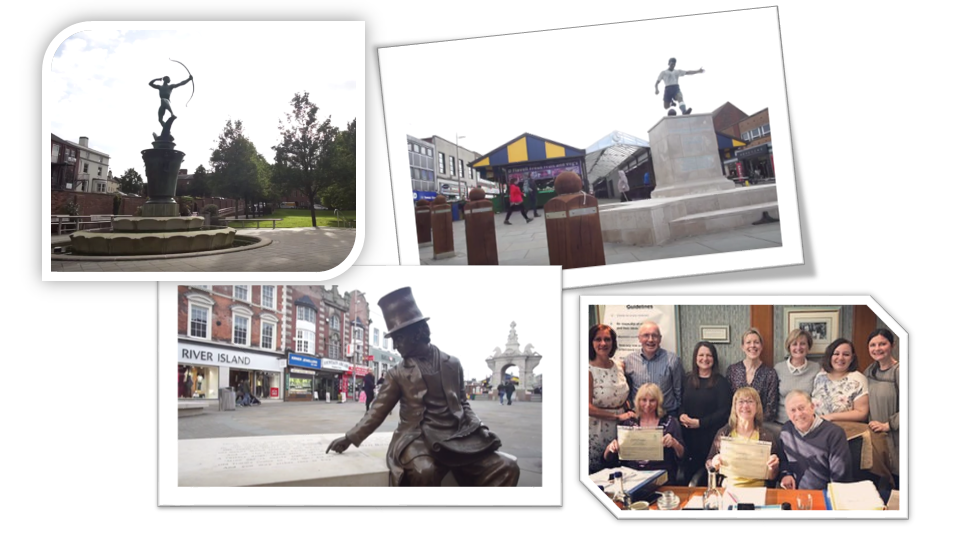 In MIND, Dudley UK our overall goal is “We won’t give up until everyone experiencing a mental health condition gets support and respect” (photos by Simon Bennett)
In MIND, Dudley UK our overall goal is “We won’t give up until everyone experiencing a mental health condition gets support and respect” (photos by Simon Bennett)
This approach represents a new way of working between patients and the system as greater control and choice for patients becomes available and eventually basic standard good practice. Social Prescribing services enable patients to get better and feel better faster than those treated with medicine alone.
Currently I am involved with the mental health charity MIND co-tutoring a local community group all diagnosed with anxiety and/or depression. Joining up services such as Expert Patient Program with organisations like Dudley branch of MIND and collaborating in a synergistic way seems a logical and cost-effective way to improve health and wellbeing outcomes including better emotional health and quality of life.
Furthermore, I’m also presently Tutoring another group who have one or more long term physical health conditions. The participants have been referred to the course by their GP. The same course content is delivered to both groups but, as will come as no surprise to META Practitioners responses and outcomes are different.
This week, participants in both groups were asked to Freethink the question, “What barriers do you have to physical activity and exercising?” The MIND group were concerned about body image, external perceptions and having nobody to go to classes with, whereas the group with physical conditions were low on motivation, scared of injury and didn’t know which exercise programs to choose. I have included this information as comparison to give you a flavour of the general distinction in thought patterns between the two groups.
When you’re more than shy
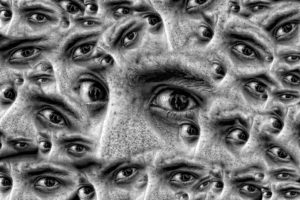 In this blog my focus is on avoidant personality traits. It is thought that up to 3% of the population experience extreme shyness that can cause problems with relationships, work and social situations. This condition affects males and females equally; and is called Avoidant Personality Disorder. Such individuals can fear rejection so much that they would rather be alone and lonely than risk relationships. Despite avoidance, loneliness and longing are frequently felt.
In this blog my focus is on avoidant personality traits. It is thought that up to 3% of the population experience extreme shyness that can cause problems with relationships, work and social situations. This condition affects males and females equally; and is called Avoidant Personality Disorder. Such individuals can fear rejection so much that they would rather be alone and lonely than risk relationships. Despite avoidance, loneliness and longing are frequently felt.
As META Practitioners we’d be looking at identifying bio-logical conflict shocks to do with criticism, disapproval and powerlessness. Group therapy can be highly beneficial for such individuals as they realise that they’re not as isolated; others have similar experiences. Sometimes the fear of attending a group and sharing openly and publicly can also be a huge deal, so this too needs to be handled with sensitivity and compassion. The question posed in my sessions is naturally designed to identify avoidant behaviours and patterns in one area of life, namely exercise, rather than pinpoint a subgroup of avoidant individuals.
However, responses indicate that my group experiencing physical limitations were mostly held back by knowledge and education whilst the MIND group were held back by their own thought patterns.
The key to unlocking avoidant patterns is understanding
… what precisely is holding the thoughts and behaviours in place.
- Are the fears genuine or imagined?
- Is there a genetic or epigenetic link?
- Did an early life trauma happen with a parent, family member or friend that created the personality change?
- Have fears been conditioned?
- What biochemical changes are there?
- What’s happening in the environment?
- Is there an underlying sense of shame or guilt?
A bio-psycho-social exploration and analysis can unlock the story. Our understanding of the META-Health® two phase model is of utmost importance here.
Avoidant Personality Disorder is a constellation meaning there are two or more similar conflict shocks holding the personality change in place. As META Practitioners we are equipped to unravel the underlying conflicts. Stress phase symptoms tell us the physiology is affected including disrupted sleep, appetite changes, raised blood pressure, muscle tension, increased heart rate and so on. We know it’s not good for us to live our lives this way. The avoidant personality shares behaviours and thought patterns like those experienced with the anxiety constellation; namely a sense of powerless/helplessness and fear which links with the thyroid and archaic branchial arch remnants.
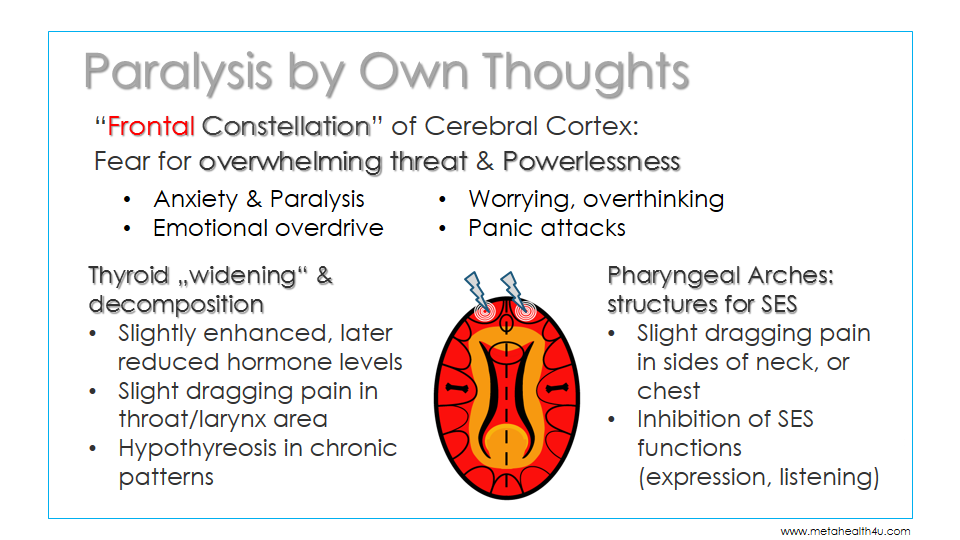
To fine tune further with avoidant personalities I sense a strong feeling of social ineptness, extreme sensitivity to feedback, a desire to not get involved or withdraw due to self-perceptions around inadequacy. Ridicule and criticism are anticipated as a norm. Dependency on a few key individuals may be present and sometimes there can be a perfectionist streak too.
There can be links with paranoia, feelings of persecution and social phobia too. We find multiple traumas where paranoia is concerned including unexpectedly being threatened from behind which can then lead to physical symptoms including myopia (short sightedness), hyperopia (far sightedness) or astigmatism (where light is focused at more than one place because of changes to the shape of the eye). Additionally, criticism that has been internalised as deep self-devaluation, not being good enough and so on frequently presents on the physical level along the spine and in the musculoskeletal system.
We know guidance in this instance is to encourage self-love.
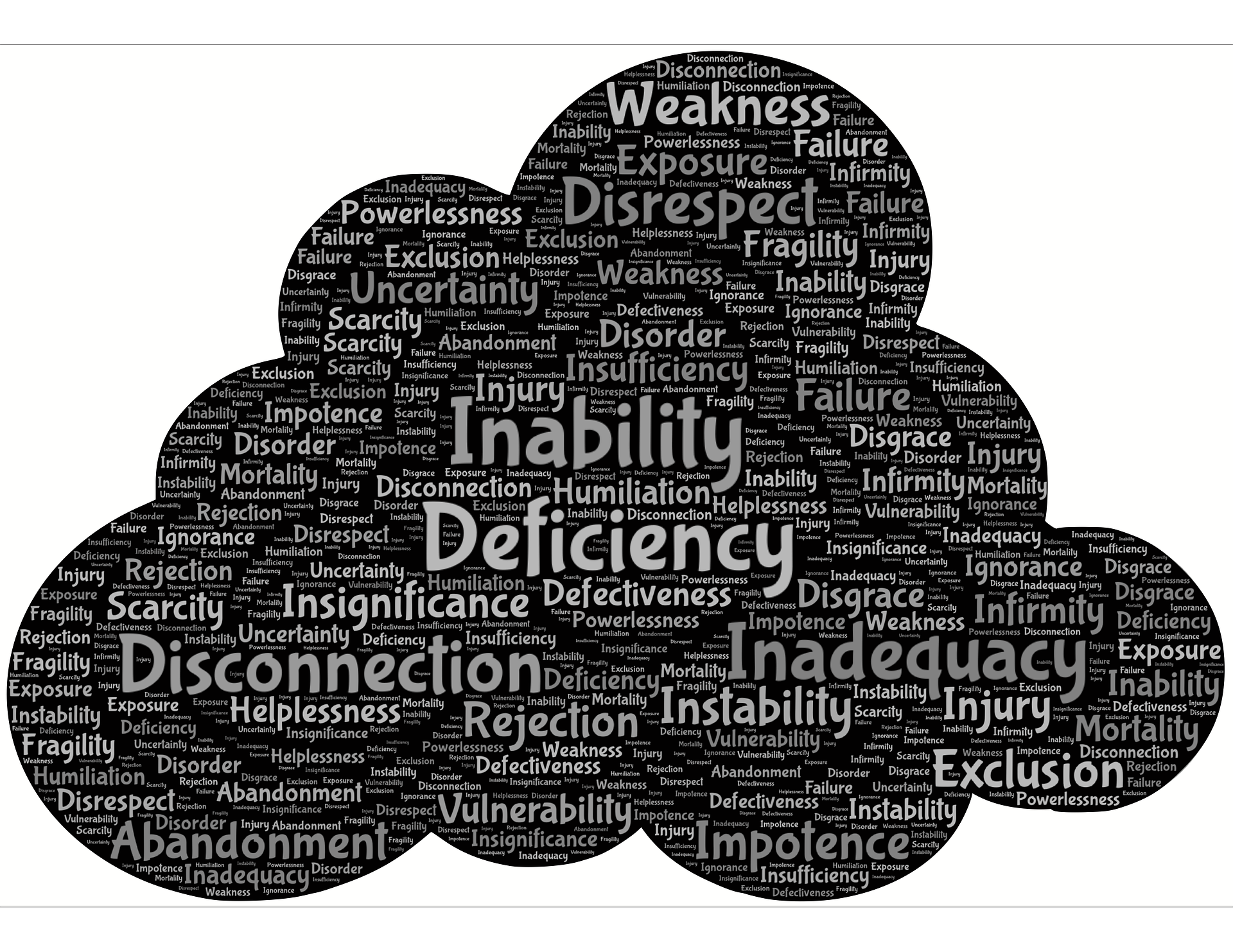
The difference between avoidant personality disorder and a social phobia is that those with the former internalize criticism very deeply to the extent that it feels justifiable to hold a hostile perspective. Those with a social phobia/social anxiety disorder tend to regard themselves rather more highly and don’t view themselves as inferior to others. Therefore, in our META understanding an avoidant personality can present in a variety of ways and appear within different shades or nuances. The avoidant personality avoids itself as well as others and perception of reality is distorted of both themselves and the world.
I have seen school students avoid PE lessons because of ridicule, colleagues who can’t cope with other colleagues over something said, and single people who feel unable to go out with couples. The way I have written that sounds flippant but of course it’s a massive deal to the individual with an avoidant personality; particularly if these life events re-occur frequently because of the context, such as being work place related for an adult, or, school based for a younger person or possibly worse still triggers felt because of the words, actions, behaviours and so on of someone who lives in the same household. Of course, there may be more than one person or situation that presents as a triggering catalyst.
Motivation resources
Regarding my MIND group they problem solved and came up with strategies of their own to overcome barriers to exercising: exercising at home or going with someone else from the group, deliberately ignoring the voice that is judging them and pushing on through, trying anyway and giving things a go, realising that they may be exaggerating their thoughts and that mostly others aren’t judging them.
The release of endorphins and good feelings experienced during exercising is a great perk to us all and especially beneficial to those with mental health conditions. Aside from mood boosting exercise can help us sleep better, increase self-confidence and decrease stress.
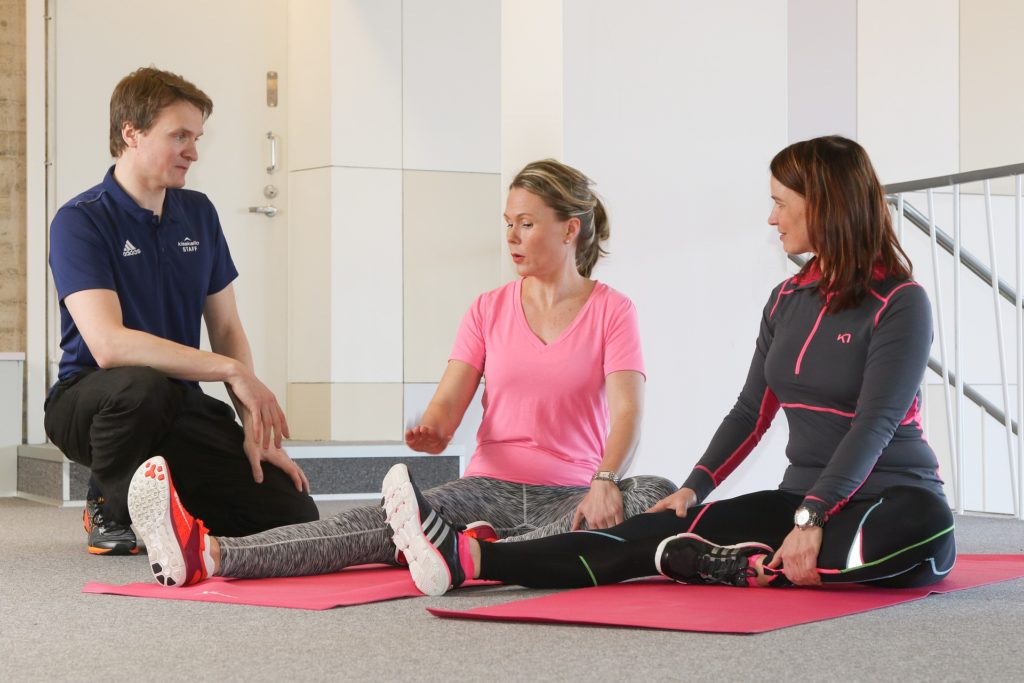 In simple terms it is without doubt better for us to exercise rather than avoid it!
In simple terms it is without doubt better for us to exercise rather than avoid it!
Of course, had my participants not been offered this socially prescribed course these individuals probably wouldn’t have even been thinking about overcoming their barriers to exercise whilst at home alone earlier this week. I love that they are choosing and owning their personal outcomes. As META people we’ve believed in the power of strong social networks since the start. Isn’t it great that encouraging such services is now seen as a solution-based approach by the NHS?
Additionally, of course, there’s no end of therapies that can be used to clear resistances and hypersensitivity and create more resourceful healthier habits and solutions for those with any anxiety-based condition which can in turn create a strong sense of empowerment and self-worth, and, dissolve any need for approval or to be liked and release associated fears. A gradual program where real-life changes and desensitisation are implemented is the best step forward obviously with medicine too if needed.
Aspirational goals may include increasing socialisation, attending social activity, learning to show greater affection, building self-esteem and acceptance of self, also taking small personal risks. Please be mindful that if such a client comes your way that they may have internal barriers and sensitivities to any critical approach or evaluation, which is obviously even more likely if additional co-related constellations are involved such as paranoia and persecution. Their fears may seemingly plague them endlessly. Be kind!
As human beings, for most of us the need to belong surpasses the need to avoid aspects of daily life and social interaction. There’s always room for gentleness, warmth and tenderness because we really don’t fully understand anyone else’s experience. Furthermore, we could even reach out and connect if we become aware of those around us avoiding social situations or, as META Professionals, get involved in or create a social support group.
Learn to decode mental and physical dis-ease to help the World be META-healthy!
pictures:
Simon Bennett
https://pixabay.com/de/augen-viele-blicke-schauen-730743/ user geralt
MHI, author Kora Klapp
https://pixabay.com/de/wolke-unsicherheit-negativit%C3%A4t-705728/ user johnhain
https://pixabay.com/de/kontrolle-%C3%BCbung-fitness-studio-mann-2721901/ user irinakeinanen
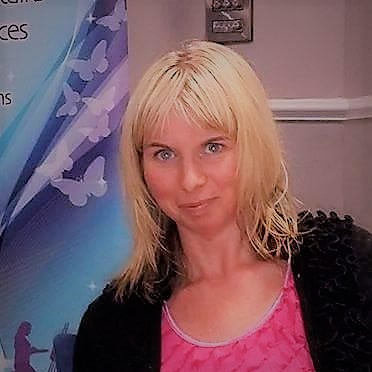
 META-Healthy Life articles are created by professionals and friends of META-Health International CIC, supporting individual and global health by deepening and sharing our understanding of how resilience and well-being are achieved.
META-Healthy Life articles are created by professionals and friends of META-Health International CIC, supporting individual and global health by deepening and sharing our understanding of how resilience and well-being are achieved.